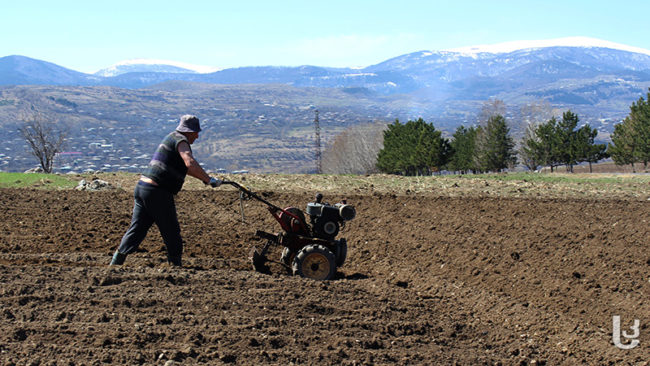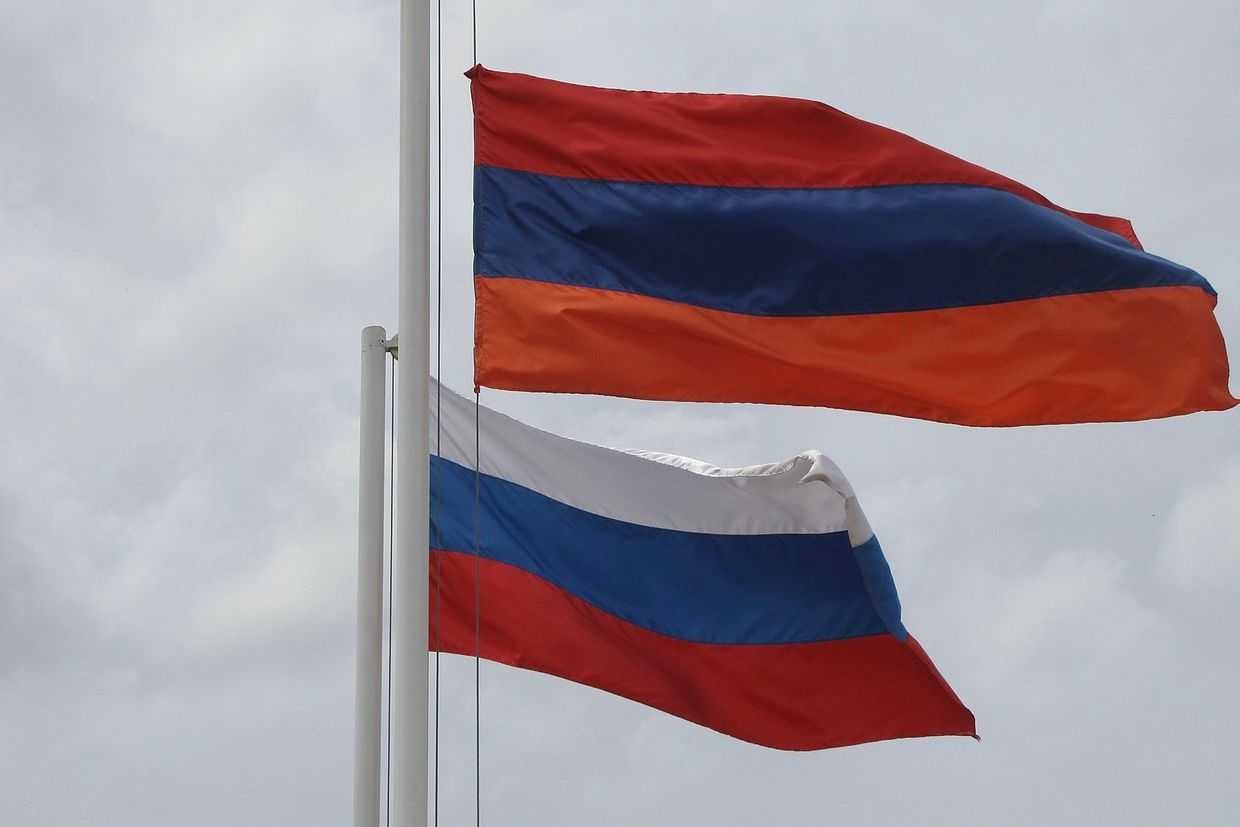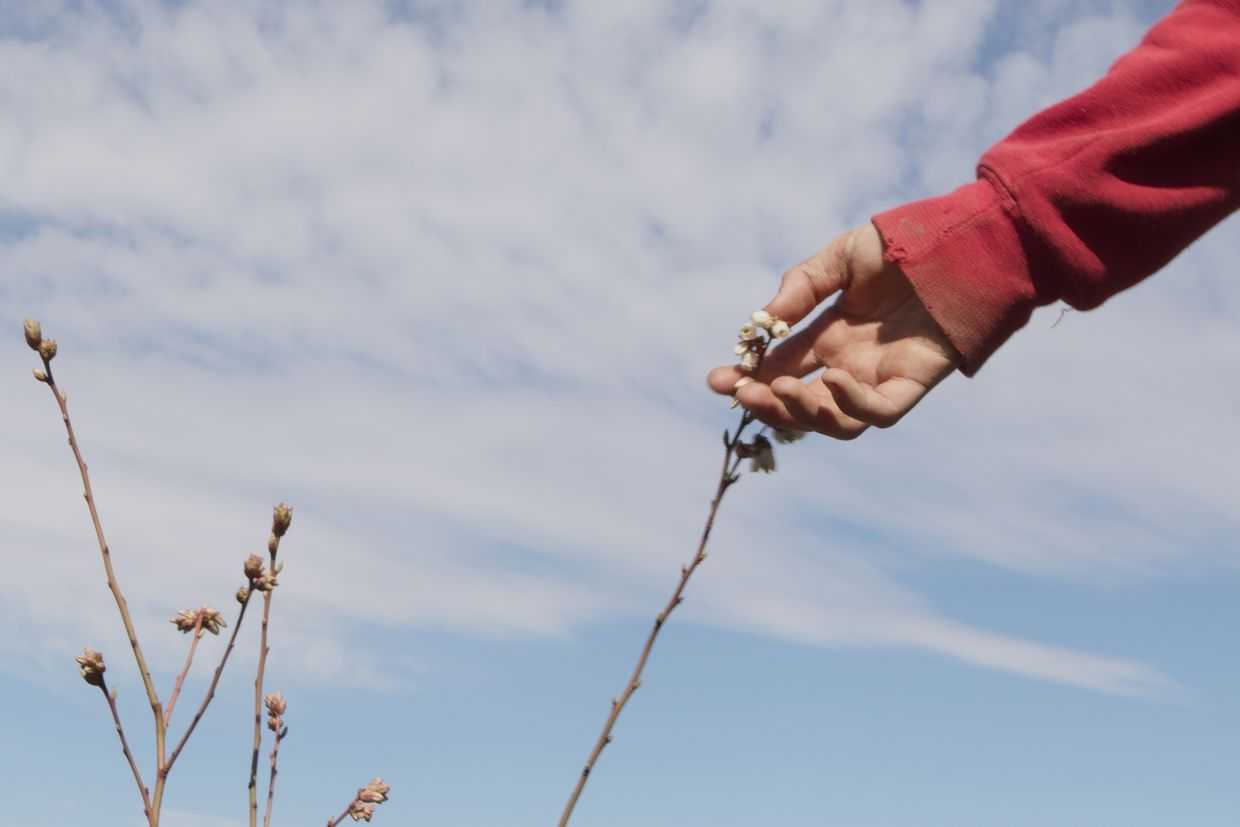

 Draft constitution amendments will allow only citizens of Georgia to buy agricultural lands.
Draft constitution amendments will allow only citizens of Georgia to buy agricultural lands.
Speaker of Parliament Irakli Kobakhidze announced the decision at a press-conference on 8 June. A constitutional ban on foreign acquisition of agricultural land will protect country’s national and strategic interests, Kobakhidze claims.
‘Georgian land should only remain in the joint property of the Georgian state and citizens’, Kobakhidze remarked, adding that the cabinet and parliament have reached a final agreement on the issue.
Prime Minister Giorgi Kvirikashvili also commented saying that he supports the initiative, because it is demanded by the majority of Georgian citizens.
Civil society groups in Georgia have criticised the move, claiming that it will be an obstacle for agricultural development in Georgia. Teona Zarkashvili, a lawyer at Transparency International Georgia, believes that the draft law raises risks of corruption as well.
Minister of Agriculture Levan Davitashvili supports the ban, saying that 5% of Georgian land is owned by foreigners.
‘Every responsible state and government should take care of land resources. It is important to have a stern and correct declaration on this issue’, he remarked.
He says that although land was sold to foreign citizens in the past, it hasn’t brought any ‘reasonable’ investments in the agriculture sector, so banning it won’t cause much damage.
‘This will be a resource that is treated with much more responsibility from its owners. This will not affect development of agriculture in the end’, he added.
Eka Beselia, an MP from the Georgian Dream Party, said that the government will announce a moratorium on foreigners buying agricultural land before the draft amendments come to force.
‘We will work on the new regulations during the period of the moratorium in order to avoid any possible threats’, she said









